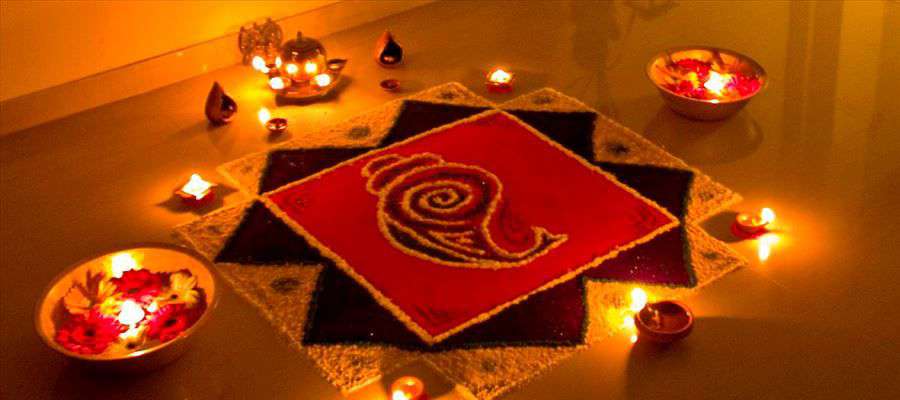For Hindus, it is associated with the return of Lord Rama to Ayodhya, after his 14 years of exile and victory over the demon Ravana. On that day, he was welcomed to the kingdom of Ayodhya with rows of Deep, lightened throughout the kingdom. Thus, there is a tradition of lighting oil lamps that symbolize the victory of good over evil and freedom from spiritual darkness.
Diwali celebrations spread across five days, with each day having its own significance and set of rituals. The first day is called ‘Dhanteras’, on which new utensils and silver ware is brought to the house. The second day is called ‘Chhoti Diwali’, which normally involves preparation for the next day and the tradition of playing cards is observed in many families.
The next day, or third day is the ‘Badi Diwali’, which involves the worshiping of mother Laxmi. The fourth day is the Govardhan Puja and finally the five days end with. The festival of Diwali is truly a ‘Festival of Lights’, as it not only involves lighting of Lamps but, it brings the light of happiness, togetherness, spiritual enlightenment and prosperity for everyone. With the sounds of crackers killing all bad-omens, the lighted lamps-lighting the lives of people, the prayers and poojas creating an atmosphere full of goodness and purity, the festival of Diwali indeed fills the atmosphere with an aura of goodness and a heaven like atmosphere.








